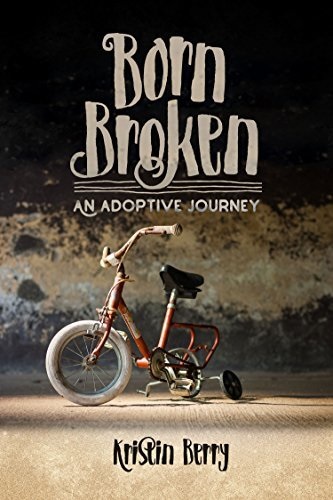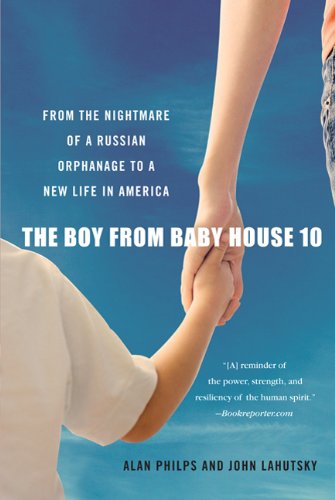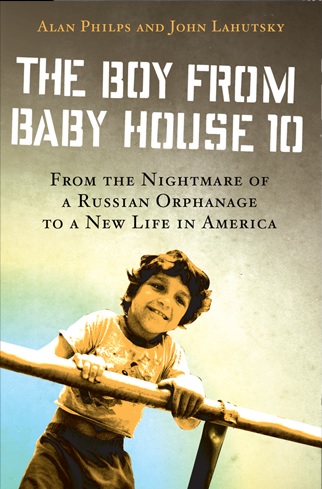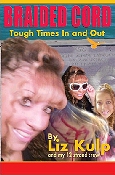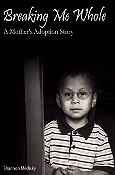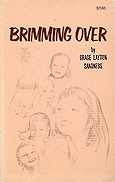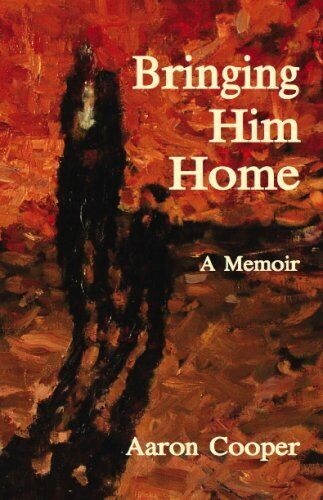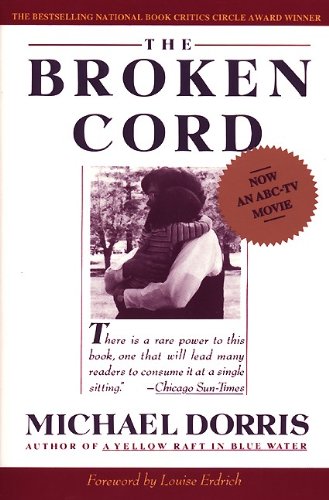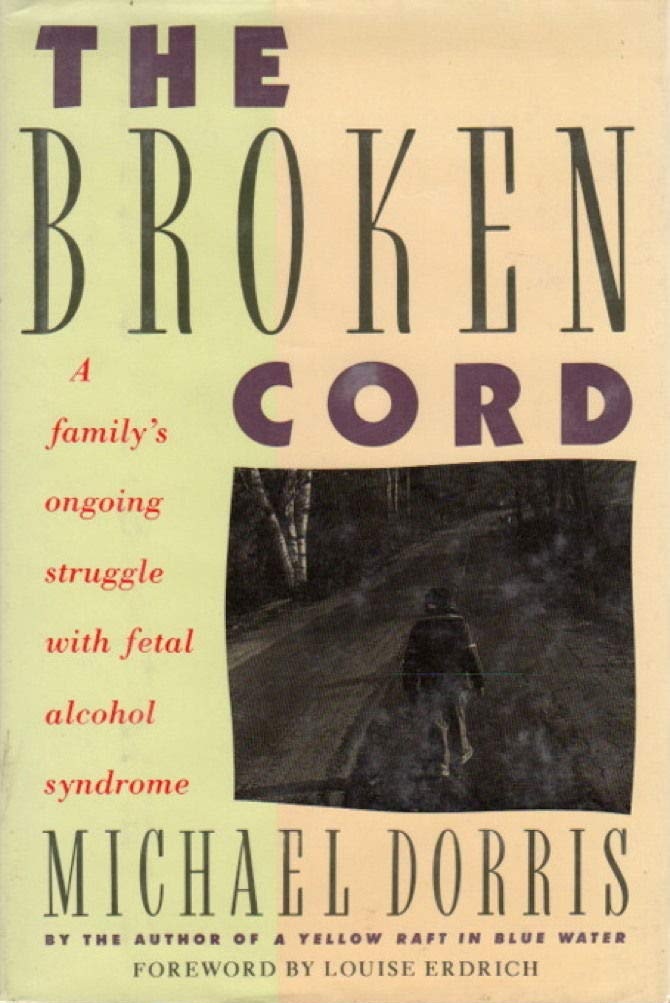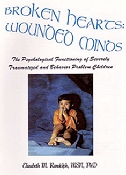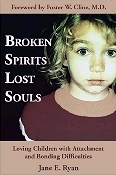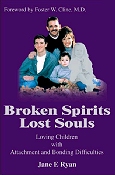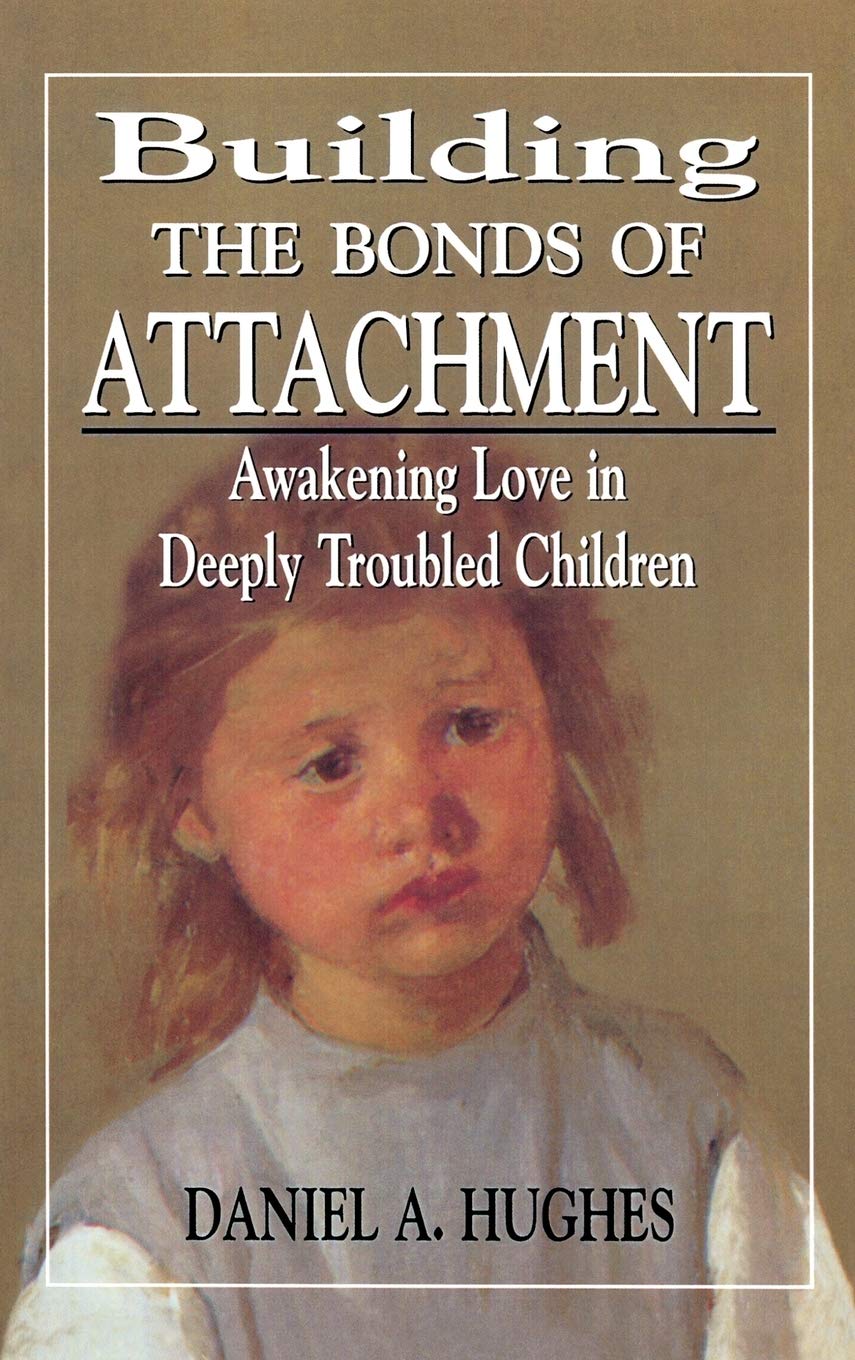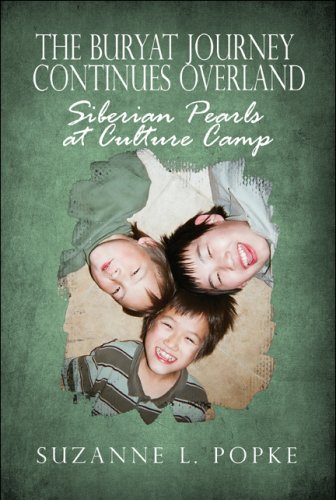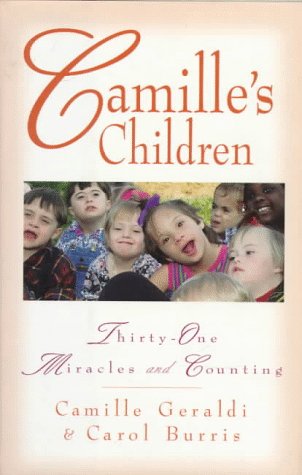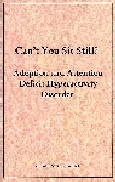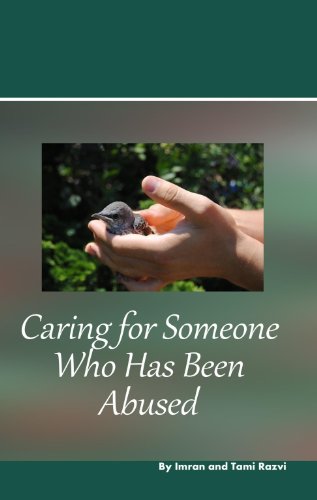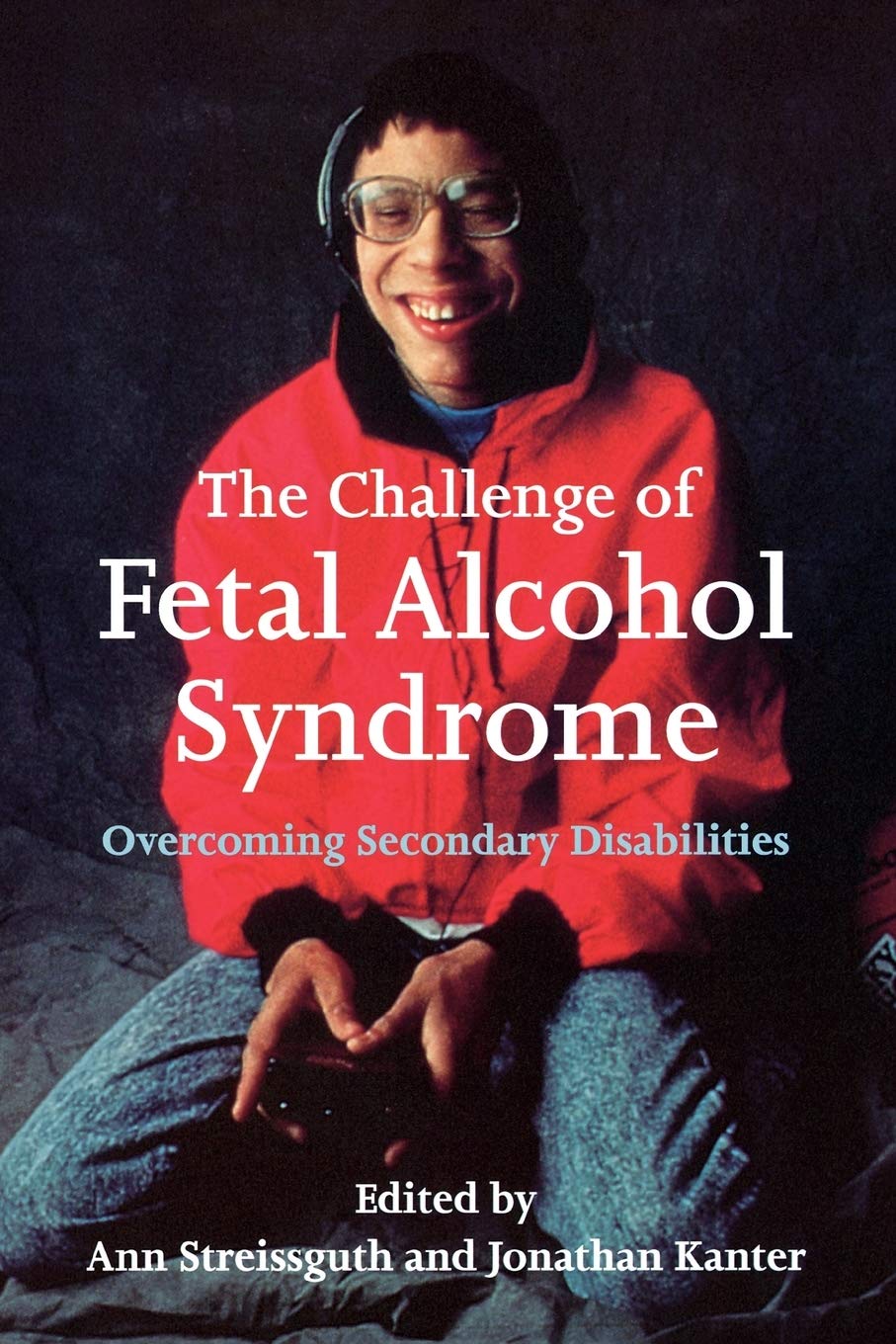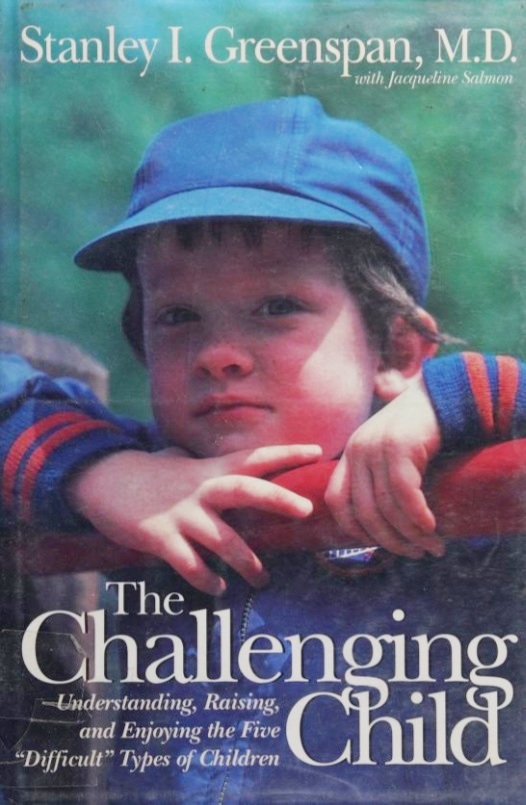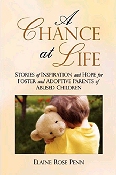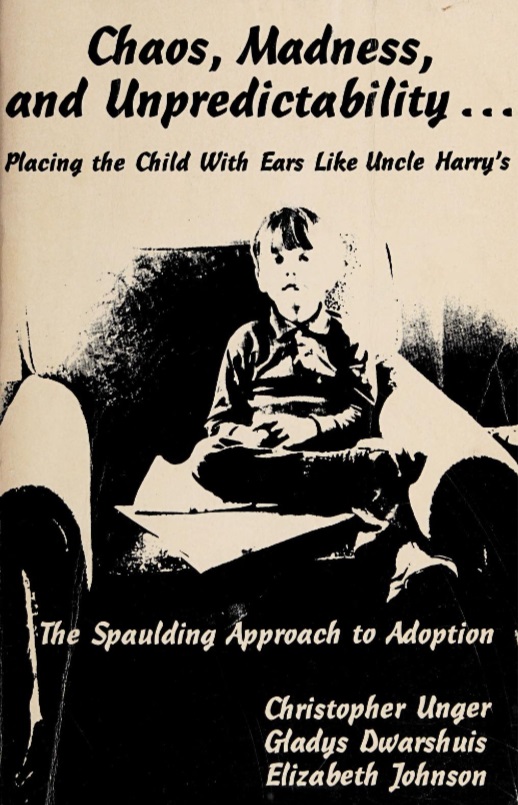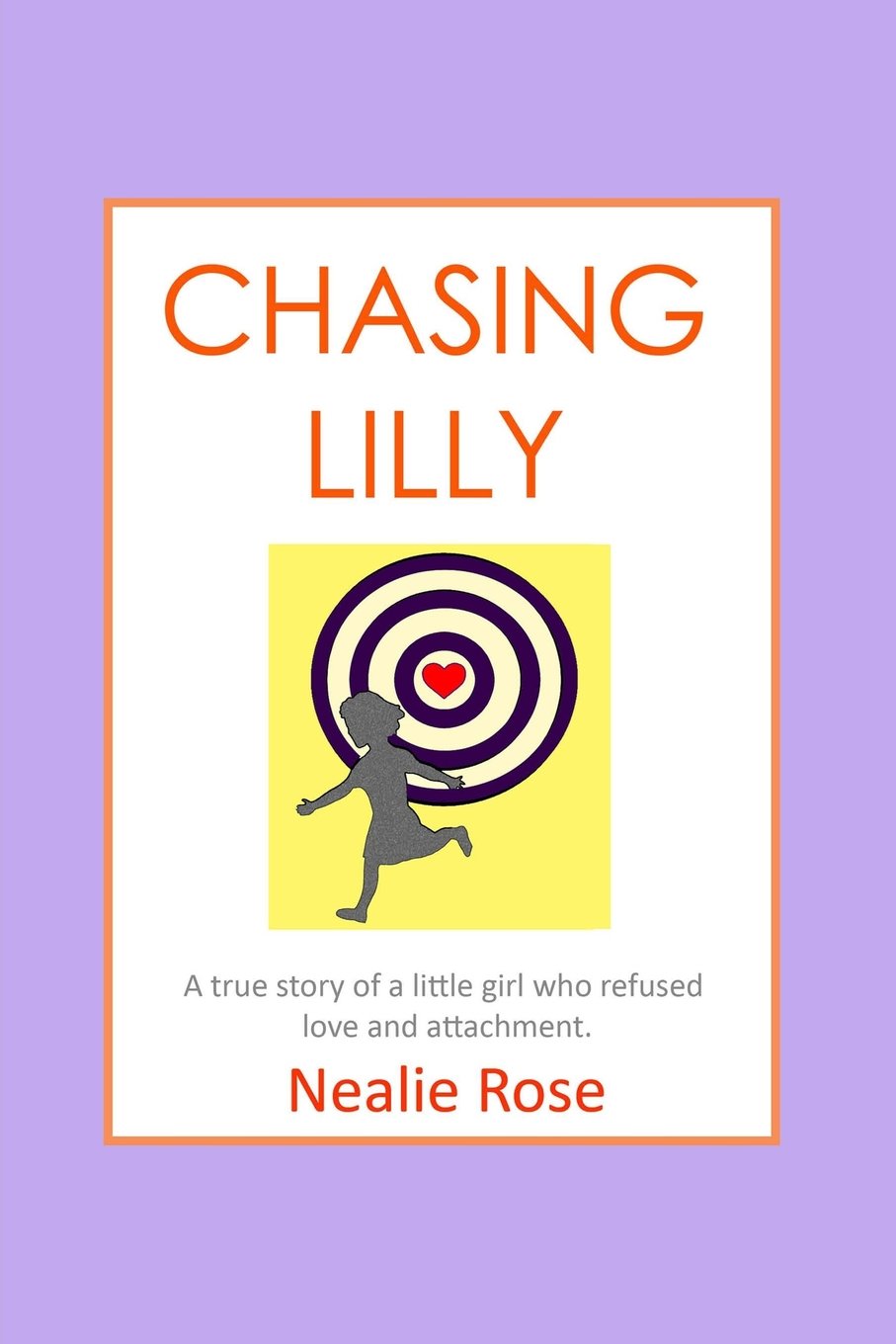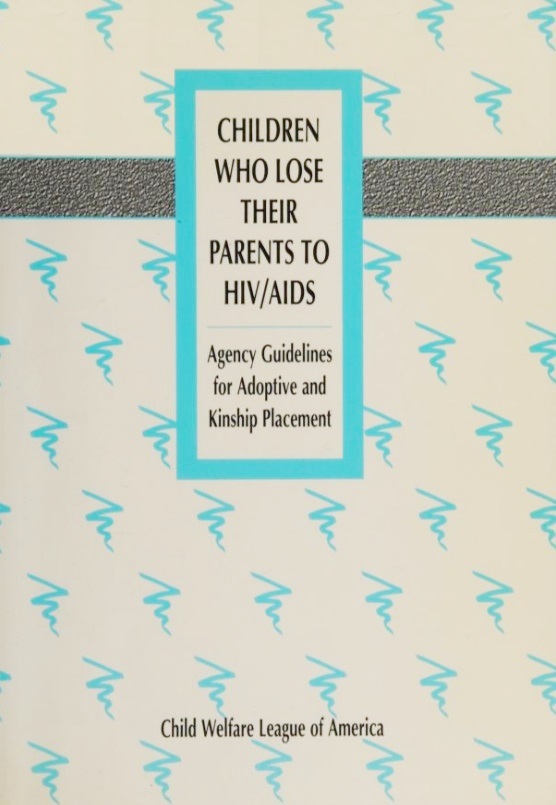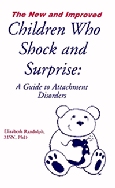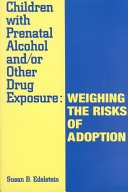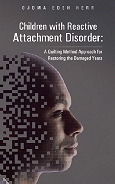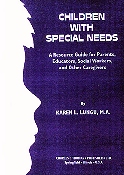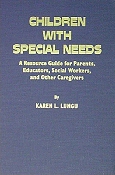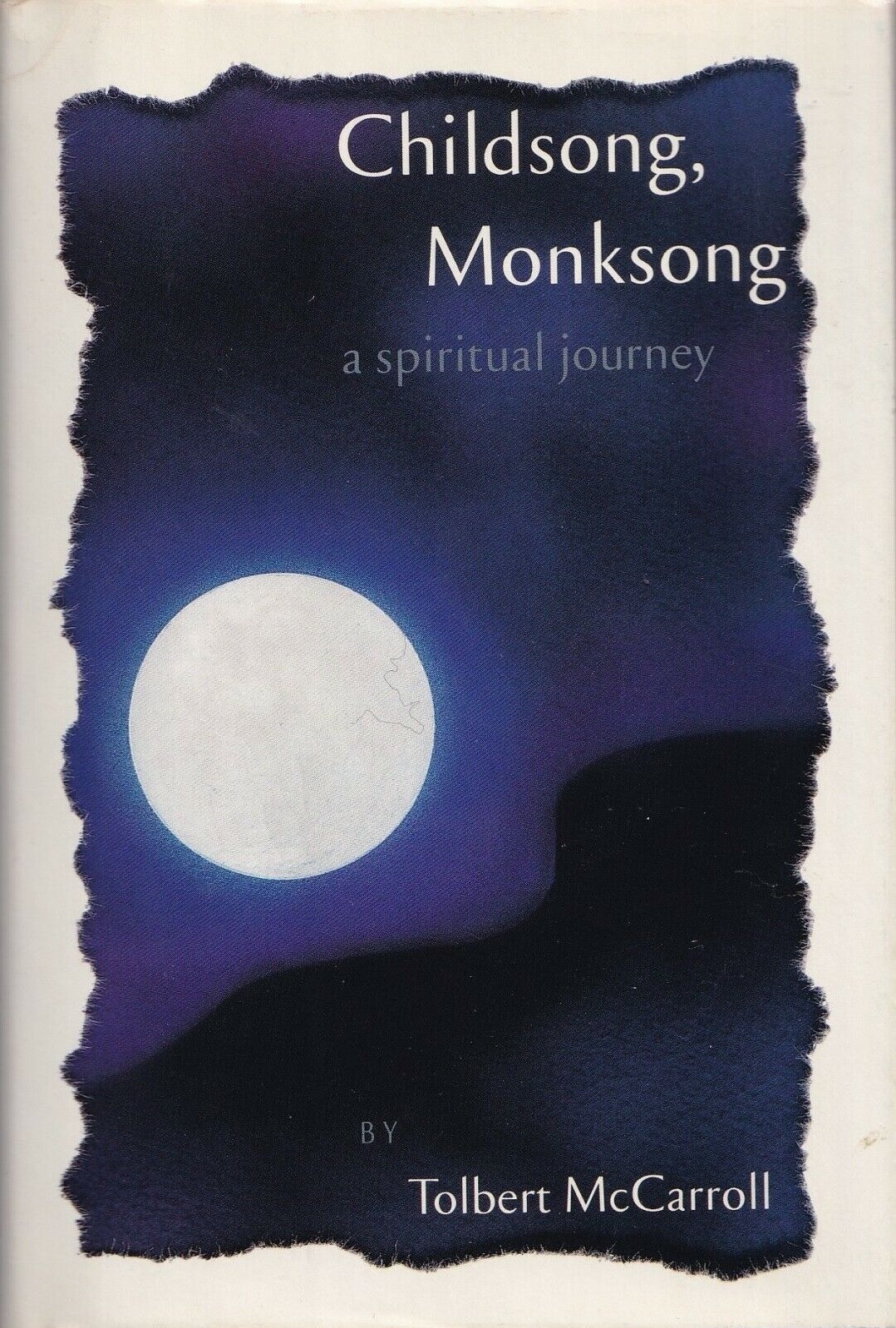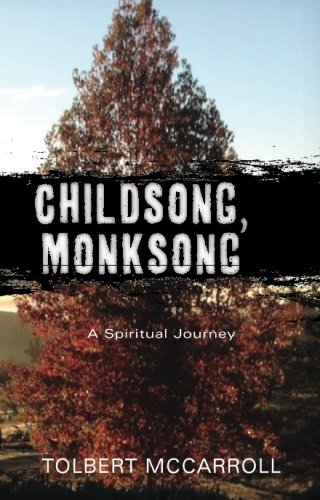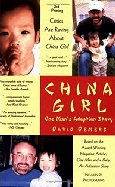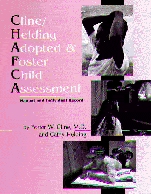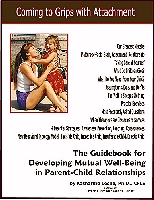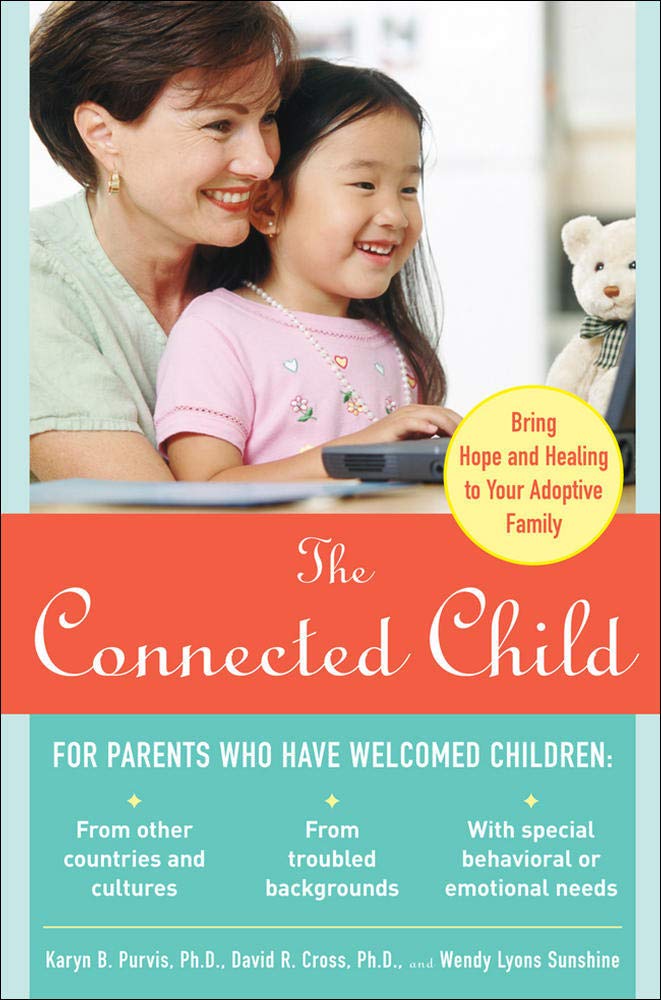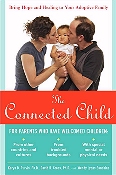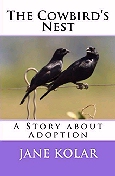From the Back Cover:
Just as the decision to adopt should be made with thought and care—after considerable reflection, discussion, and gathering of information—the decision to adopt a child with prenatal alcohol and/or other drug exposure should be made only after consideration of the added challenges.
Designed primarily for professionals, this new book offers practical suggestions, recommendations, and food for thought for preparing, counseling, and working with those who are considering adopting an infant or child who has been prenatally exposed to alcohol and/or other drugs.
About the Author:
Susan Edelstein
is a licensed clinical social worker who has worked with vulnerable children, parents, and families in Los Angeles for over 27 years. She earned her bachelor of arts degree at the University of California, Los Angeles, and her master’s degree in Social Welfare at the University of Southern California. Ms. Edelstein began her career in child protective services, then specialized in adoptions for six years, and in 1979 began her work at the UCLA Medical Center as coordinator of the Suspected Child Abuse and Neglect (SCAN) Team. For the past decade, within the Developmental Studies Program, UCLA School of Medicine, she has directed and co-directed several major service, training, and research projects involving interdisciplinary-interagency collaboration, child abuse and neglect, parental chemical dependency, and comprehensive early intervention approaches. Her work has encompassed collaboration with all of the contributing authors of this book.
Judy Howard
is a professor of pediatrics at the UCLA School of Medicine and currently heads the Developmental Studies Program within the UCLA Department of Pediatrics. Dr. Howard has directed the UCLA Intervention Program for Children with Disabilities since 1974 and chaired the UCLA Child Abuse Policy Committee for over a decade. Since 1982, she has been principal investigator ona variety of service, training, and research projects relating to prenatal substance abuse and services for affected children, caregivers, and families. Dr. Howard received her medical degree from the Loma Linda School of Medicine, did her pediatric residency at the Los Angeles County /University of Southern California School of Medicine, and completed subspecialty training in child development at the UCLA Department of Pediatrics.
A developmental pediatrician and assistant professor of pediatrics at UCLA, Rachelle Tyler has had extensive clinical and research experience working with substance-affected children and families over the past 12 years. She earned her medical degree at the Boston University School of Medicine, did her pediatric residency at the Martin Luther King, Jr., General Hospital in Los Angeles, and completed subspecialty training in child development at the UCLA School of Pediatrics. In 1982 she earned a master’s degree in Public Health, focusing on health services organization, at the UCLA School of Public Health. Dr. Tyler currently directs two pediatric clinics providing developmental assessments and case management services for medically fragile infants, many of whom were exposed prenatally to alcohol and/or other drugs. She also heads an ongoing training program promoting interdisciplinary teamwork among community-based professionals in Los Angeles County serving children who were exposed prenatally to drugs and their caregivers.
Gloria Waldinger’s
career in child welfare has included direct practice in public child welfare settings, management of a number of federally funded child welfare training grant programs, and administration, teaching, and research at the UCLA School of Social Welfare. The focuses of her direct practice and research have been the adoption of special-needs children, child abuse and neglect, guardianship, and the emancipation of children from out-of-home care. Dr. Waldinger is a recognized expert in child welfare policy and is currently serving as consultant to the Los Angeles County Department of Children and Family Services’ Family Preservation and Family Support Program. She also participates actively in community organizations dealing with programs and policies for children and families. She received both her master’s and doctoral degrees in Social Welfare at the University of California, Los Angeles.
Annette Moore
has worked with the interdisciplinary team of the UCLA Developmental Studies Program since 1988. During this time, she has provided administrative and writing /editorial support on a range of clinical service, research, and training programs related to children and families affected by parental abuse of alcohol and/or other drugs. This work has encompassed collaboration in the preparation of grant proposals, articles, training manuals, and curricula for local, state, and national programs. Her academic background includes a bachelor’s degree in English, German, and art from California State University, Sacramento, as well as a master’s degree in Germanic languages from the University of California, Los Angeles.
